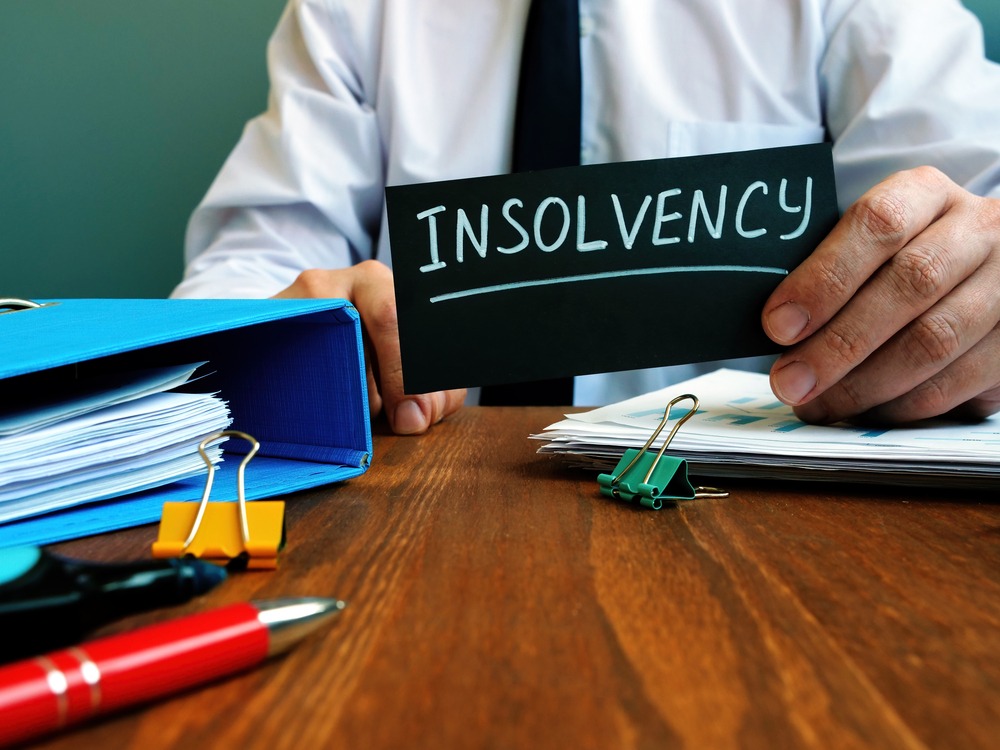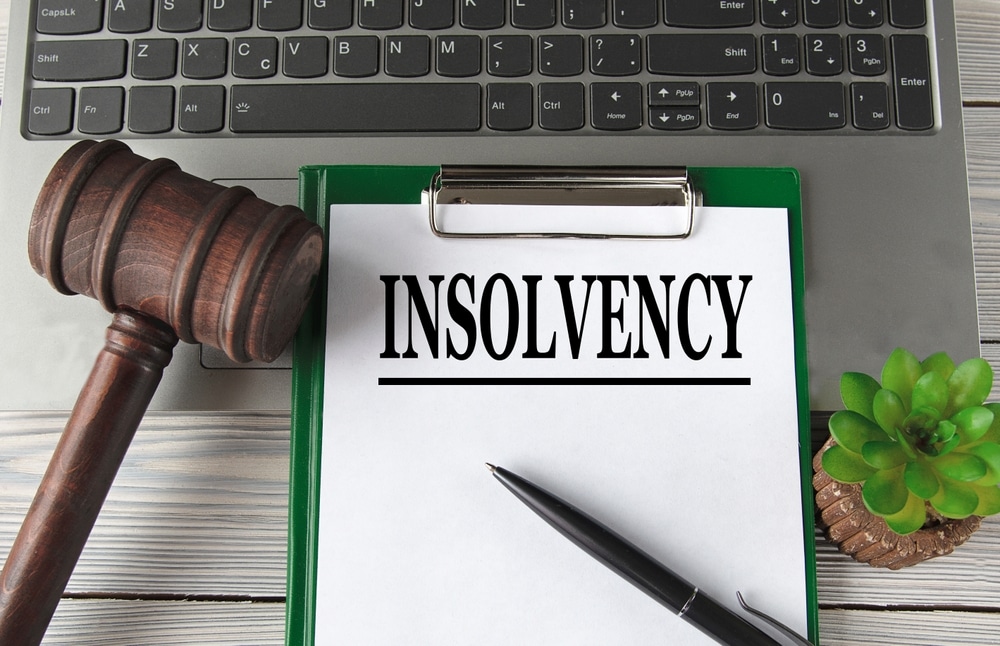What Are Insolvency Lawyers and How Do They Assist With Business Restructuring Before Liquidation?
Insolvency lawyers are legal professionals who specialise in advising businesses facing financial distress, helping them navigate complex restructuring options before liquidation becomes unavoidable. These specialists understand both corporate law and financial recovery mechanisms, positioning them to guide directors through critical decisions that could save their companies.
Business restructuring before liquidation matters significantly. Early intervention creates opportunities to preserve jobs, maintain business relationships, and recover value that would otherwise disappear in a liquidation scenario. Experienced insolvency lawyers can guide directors through this process, helping them explore viable restructuring strategies and negotiate effectively with creditors. Directors who wait until liquidation is imminent often find their options severely limited, with creditors less willing to negotiate and assets diminished.
Insolvency lawyers assist with business restructuring through several interconnected services:
- Strategic assessment of the company’s financial position and legal obligations
- Creditor negotiations to prevent immediate enforcement actions
- Formal restructuring processes like voluntary administration or deeds of company arrangement
- Director protection by advising on personal liability risks and compliance requirements
- Stakeholder coordination to balance competing interests of creditors, employees, and shareholders
The restructuring process requires careful legal navigation. Insolvency lawyers identify viable pathways forward, whether through debt renegotiation, asset sales, or operational changes. Their expertise helps directors avoid common pitfalls such as trading whilst insolvent or inadvertently triggering personal liability for company debts.
What Initial Steps Do Insolvency Lawyers Take to Assess a Business’s Financial Health?
Insolvency lawyers start with an urgent financial assessment to determine whether the business can be saved or if liquidation is unavoidable. This immediate evaluation looks at cash flow, outstanding debts, asset values, and the company’s ability to meet its obligations as they come due.
The viability analysis goes beyond just looking at numbers. Lawyers closely examine the business model, market position, and operational efficiency to see if the company has a realistic chance of trading out of difficulty. They review:
- Current and projected cash flow statements
- Debtor and creditor aging reports
- Asset valuations and security arrangements
- Trading performance trends
- Contractual commitments and contingent liabilities
Legal obligations are a crucial part of the assessment process. Insolvency lawyers look at director duties, employee entitlements, tax obligations (including PAYG withholding and superannuation guarantee charges), and secured creditor arrangements. This legal review helps identify potential personal liability risks for directors and highlights compliance issues that need immediate attention.
Strategic planning comes from this thorough assessment. Acting early allows lawyers to plan out restructuring options before the business reaches a point of no return. A company facing temporary cash flow problems may benefit from informal arrangements, while deeper financial distress might require formal restructuring processes. The timing of this assessment often decides whether the business survives or goes into liquidation.
How Do Insolvency Lawyers Manage Pre-Insolvency Negotiations With Creditors?
Insolvency lawyers act as intermediaries between struggling businesses and their creditors, working to prevent formal insolvency proceedings through strategic pre-insolvency advice. They negotiate directly with creditors to challenge or set aside statutory demands—legal notices that give companies 21 days to pay debts or face winding-up proceedings.
Challenging Statutory Demands
Creditor negotiations often involve demonstrating genuine disputes about the debt, proving the company’s solvency, or highlighting procedural defects in the demand itself. When successful, setting aside these demands removes the immediate threat of liquidation and creates breathing space for restructuring discussions.
Arranging Informal Payment Plans
Beyond challenging statutory demands, insolvency lawyers arrange informal payment plans that allow businesses to repay debts over extended periods. These arrangements typically involve:
- Negotiating reduced payment amounts or extended timeframes
- Proposing partial debt forgiveness in exchange for guaranteed payments
- Structuring payments based on improved cash flow projections
Implementing Standstill Agreements
Standstill agreements, a critical tool in pre-insolvency negotiations, where creditors agree to pause enforcement actions for a defined period. During this moratorium, businesses can explore restructuring options, secure additional funding, or implement operational improvements without the constant threat of legal action. Understanding the key elements of a standstill agreement is vital for both parties involved.
These pre-insolvency negotiations require careful legal documentation to ensure all parties understand their rights and obligations. Lawyers draft binding agreements that protect both the business and creditors whilst maintaining commercial relationships essential for ongoing operations.

What Formal Restructuring Processes Do Insolvency Lawyers Facilitate?
Insolvency lawyers guide businesses through voluntary administration, a formal process that provides immediate protection from creditor actions whilst allowing time to develop a rescue plan. This process appoints an independent administrator who takes control of the company to investigate its affairs, assess restructuring options, and recommend the best course of action to creditors. The breathing space created by voluntary administration prevents creditors from taking legal action, giving the business crucial time to stabilise operations and explore viable alternatives to liquidation.
Deeds of company arrangement (DOCA) represent the primary restructuring tool emerging from voluntary administration. Insolvency lawyers draft these legally binding agreements that restructure company debts whilst preserving business operations and value. A DOCA typically involves:
- Negotiated repayment terms that match the company’s cash flow capacity
- Partial debt forgiveness from creditors in exchange for better returns than liquidation
- Retention of key assets and operational capabilities
- Provisions for employee entitlements and priority creditor claims
Lawyers ensure the DOCA balances creditor interests against business viability, creating sustainable repayment structures. They prepare detailed proposals outlining how creditors will receive better outcomes through restructuring compared to immediate liquidation, supported by financial projections and independent valuations that demonstrate the business’s capacity to meet its restructured obligations. These proposals are crucial as they help creditors understand the potential benefits of entering into a Deed of Company Arrangement instead of opting for immediate liquidation.
How Do Insolvency Lawyers Ensure Legal Compliance and Manage Risks for Directors During Restructuring?
Insolvency lawyers protect directors from personal liability by providing expert guidance on their legal obligations throughout the restructuring process. Directors face significant risks during financial distress, particularly regarding insolvent trading laws that can make them personally liable for debts incurred when the company cannot pay its obligations.
Legal Compliance
Legal compliance becomes critical when dealing with tax authorities. Insolvency lawyers handle Director Penalty Notices (DPNs) issued by the Australian Taxation Office for unpaid PAYG withholding tax, superannuation guarantee charges, and GST. These notices can pierce the corporate veil and make directors personally liable for company tax debts. Lawyers advise on responding to DPNs within the 21-day timeframe and implementing strategies to prevent personal exposure.
Director Liabilities
Director liabilities extend beyond tax obligations. Insolvency lawyers ensure directors understand their duties under the Corporations Act, including:
- Preventing insolvent trading by ceasing to incur new debts when insolvency is apparent
- Avoiding preferences to certain creditors over others
- Maintaining proper books and records during the restructuring period
- Refraining from phoenixing activities that illegally transfer assets to avoid debts
Lawyers conduct risk assessments to identify potential breaches and recommend corrective actions. They document decision-making processes to demonstrate directors acted in good faith and with proper advice, creating a defence against future claims. This proactive approach minimises personal risk while maximising the chances of successful restructuring.
How Do Insolvency Lawyers Work With Stakeholders During Restructuring?
Insolvency lawyers play a crucial role in coordinating between all parties involved in business restructuring. They manage complex relationships to find solutions that work for everyone. Their expertise in stakeholder management ensures that different interests come together towards a common goal instead of disrupting the restructuring process.
Handling Creditor Relations
Dealing with creditors requires careful handling. Lawyers facilitate negotiations between secured and unsecured creditors, explaining how proposed restructuring arrangements will affect different classes of creditors. They present financial projections and repayment proposals that show creditors will receive better returns through restructuring than immediate liquidation. This evidence-based approach helps secure creditor support for voluntary administration or deed arrangements.
Addressing Employee Interests
Employee interests also need to be given equal attention. Insolvency lawyers make sure that employee entitlements are protected throughout the restructuring discussions. They address concerns about job security, unpaid wages, and superannuation obligations. When necessary, they work with Fair Work representatives to maintain stability in industrial relations.
Preventing Misinformation Through Communication
To prevent misinformation and reduce anxiety among stakeholders, insolvency lawyers establish communication protocols. They schedule regular meetings with creditors, prepare transparent financial reports, and set up clear channels for stakeholders to ask questions. This structured approach to sharing information builds trust among parties who might otherwise have conflicting agendas.
Managing Relationships With Other Parties
Lawyers also manage relationships with administrators, accountants, and regulatory bodies such as ASIC and the ATO. This coordination between multiple parties ensures that all legal requirements are met while keeping the momentum going towards implementing the restructuring plan.
How Do Insolvency Lawyers Support the Implementation of Restructuring Plans?
Insolvency lawyers provide hands-on implementation support once a restructuring plan receives approval. They coordinate the practical execution of agreed arrangements, ensuring each component proceeds according to legal requirements and timelines.
Supporting Asset Sales
Asset sales form a critical element of many restructuring plans. Lawyers draft sale agreements, conduct due diligence on potential buyers, and negotiate terms that maximise returns for creditors whilst preserving employment where possible. They handle the transfer of assets, intellectual property, and business contracts, ensuring compliance with security interests and creditor priorities. Legal teams also manage any necessary court approvals for asset disposals, particularly when selling charged property or business operations as going concerns.
Facilitating Creditor Settlements
Creditor settlements require precise legal documentation and execution. Insolvency lawyers prepare settlement deeds, payment schedules, and release documents that formalise agreed arrangements. They ensure creditors receive their entitlements according to the restructuring plan’s terms, whether through lump sum payments, instalment arrangements, or debt-for-equity swaps.
Monitoring Compliance and Resolving Issues
The legal team monitors ongoing compliance with restructuring obligations, tracking payment milestones and reporting requirements. They address any disputes or variations that arise during implementation, providing swift resolution to keep the plan on track. When employee transitions occur as part of restructuring, lawyers manage redundancy processes, transfer of employment arrangements, and entitlement calculations to protect both business and worker interests.

What Role Do Insolvency Lawyers Play If Restructuring Fails and Liquidation Becomes Necessary?
Insolvency lawyers facilitate an orderly winding-up when restructuring efforts prove unsuccessful. They guide directors through the liquidation process, ensuring legal compliance whilst protecting stakeholders’ interests as much as possible.
Their role includes:
- Selecting appropriate liquidators and coordinating the appointment process
- Advising on directors’ obligations during the liquidation process, including record-keeping and cooperation requirements
- Managing creditor communications to maintain transparency throughout the wind-up
- Addressing potential voidable transactions or preference payments that may be challenged
- Protecting directors from personal liability claims where possible
This structured approach ensures the business exits in a legally compliant manner, even when survival isn’t achievable.
See Also: How do Family Lawyers in Perth protect children’s interests during divorce cases?

